Original Air Date 08.07.2016
In This Episode
Filmmaker Payne Lindsey sets out to produce a true-crime documentary and discovers an intriguing unsolved missing persons case from Ocilla, Georgia. We are introduced to high school teacher Tara Grinstead, who was last seen on October 22, 2005, and the basic facts of her disappearance. Payne meets and interviews Dr. Maurice Godwin, a private forensic detective who worked on the case. Payne also chats with his grandma, who lives near Ocilla and might have a lead for him.
People in this Episode
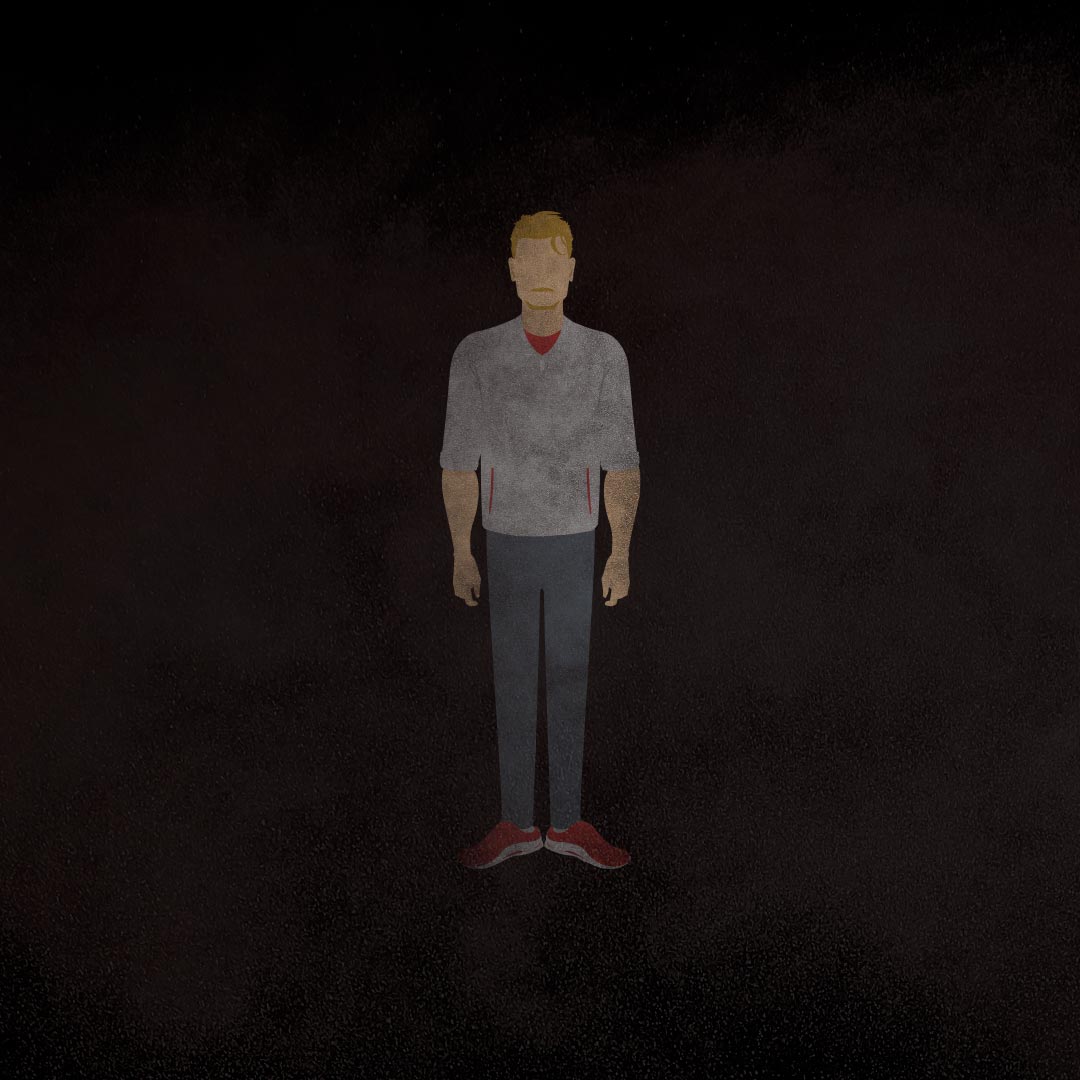
Rhett Roberts
Son of the Landlord
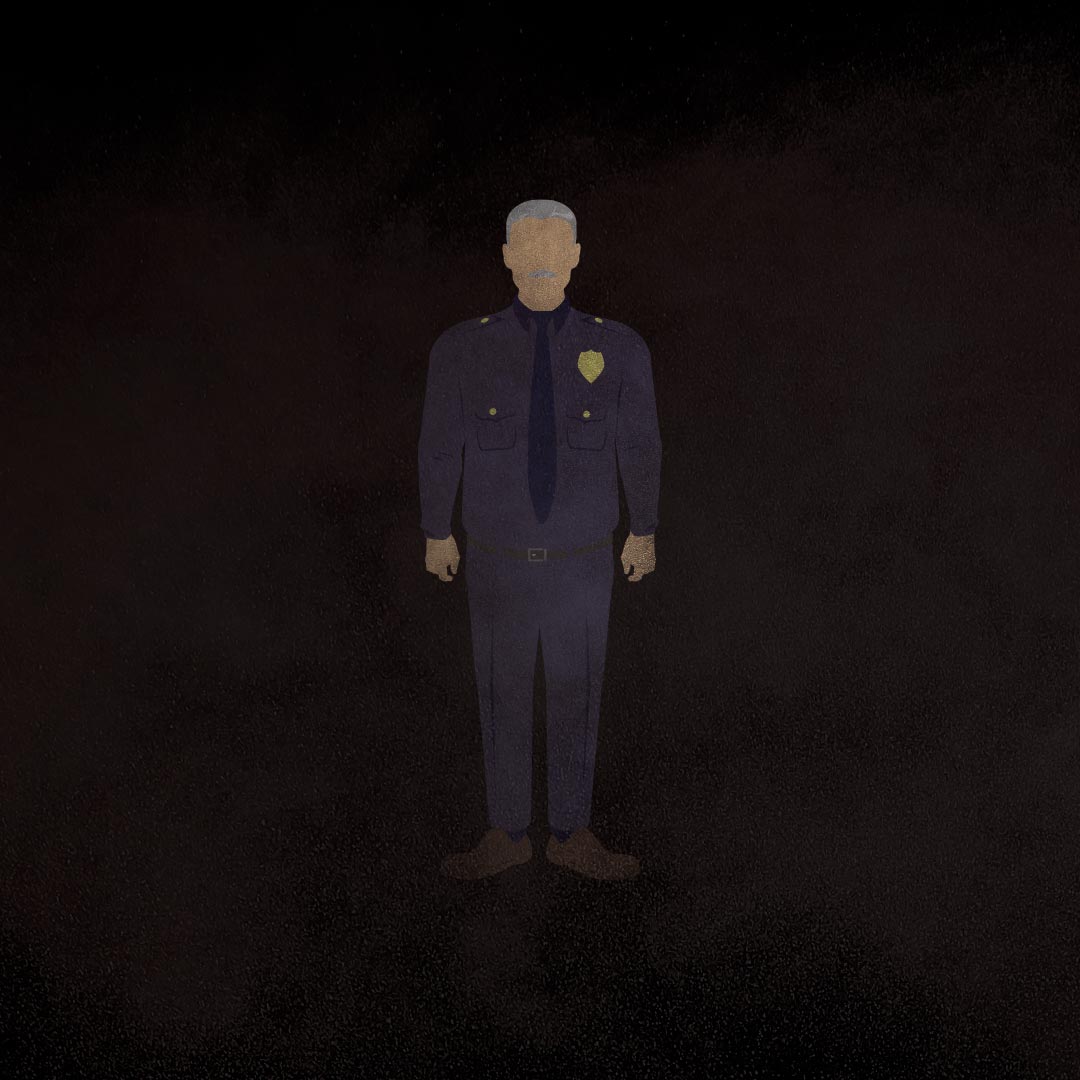
Billy Hancock
Chief, Ocilla Police Dept.
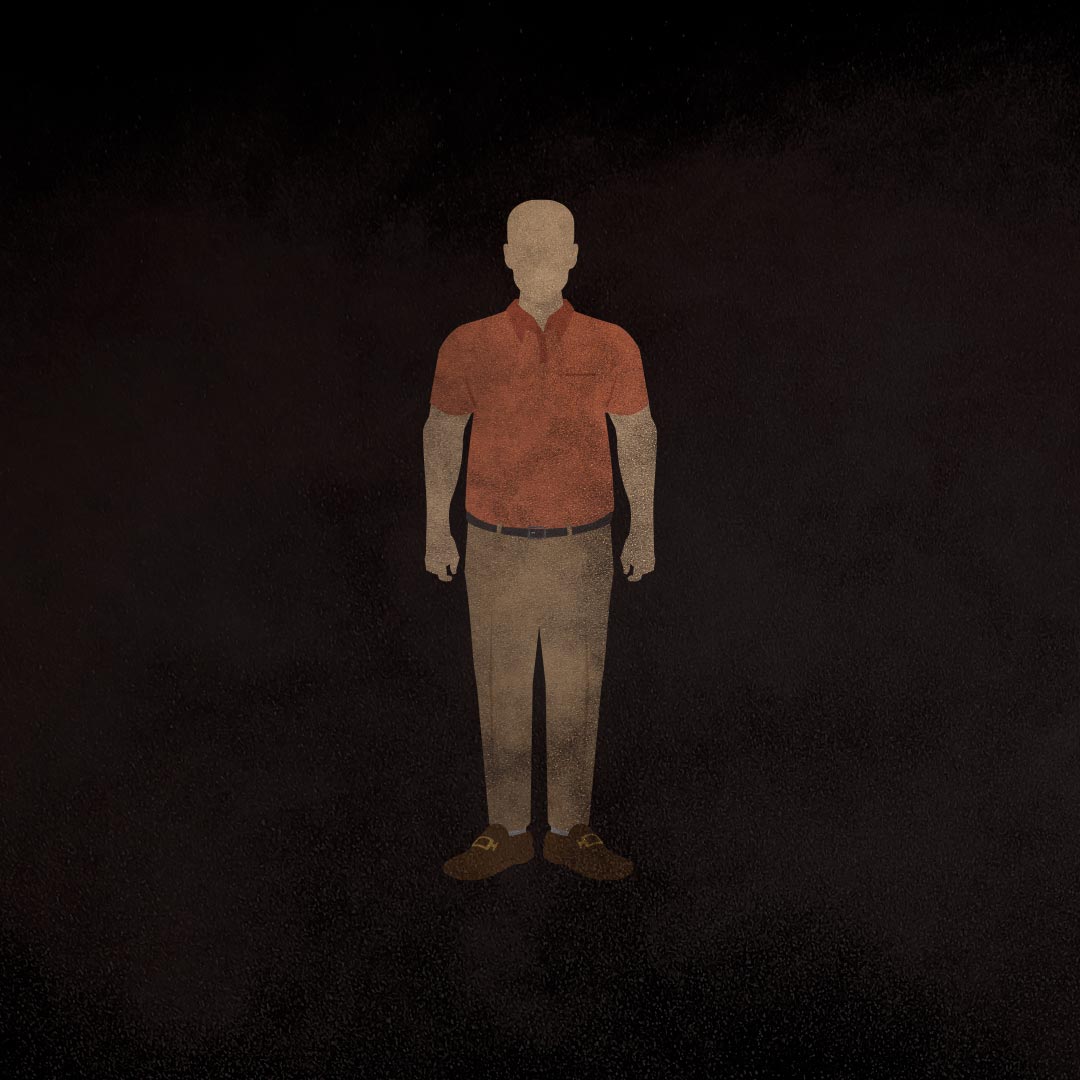
Joe Portier
Next Door Neighbor
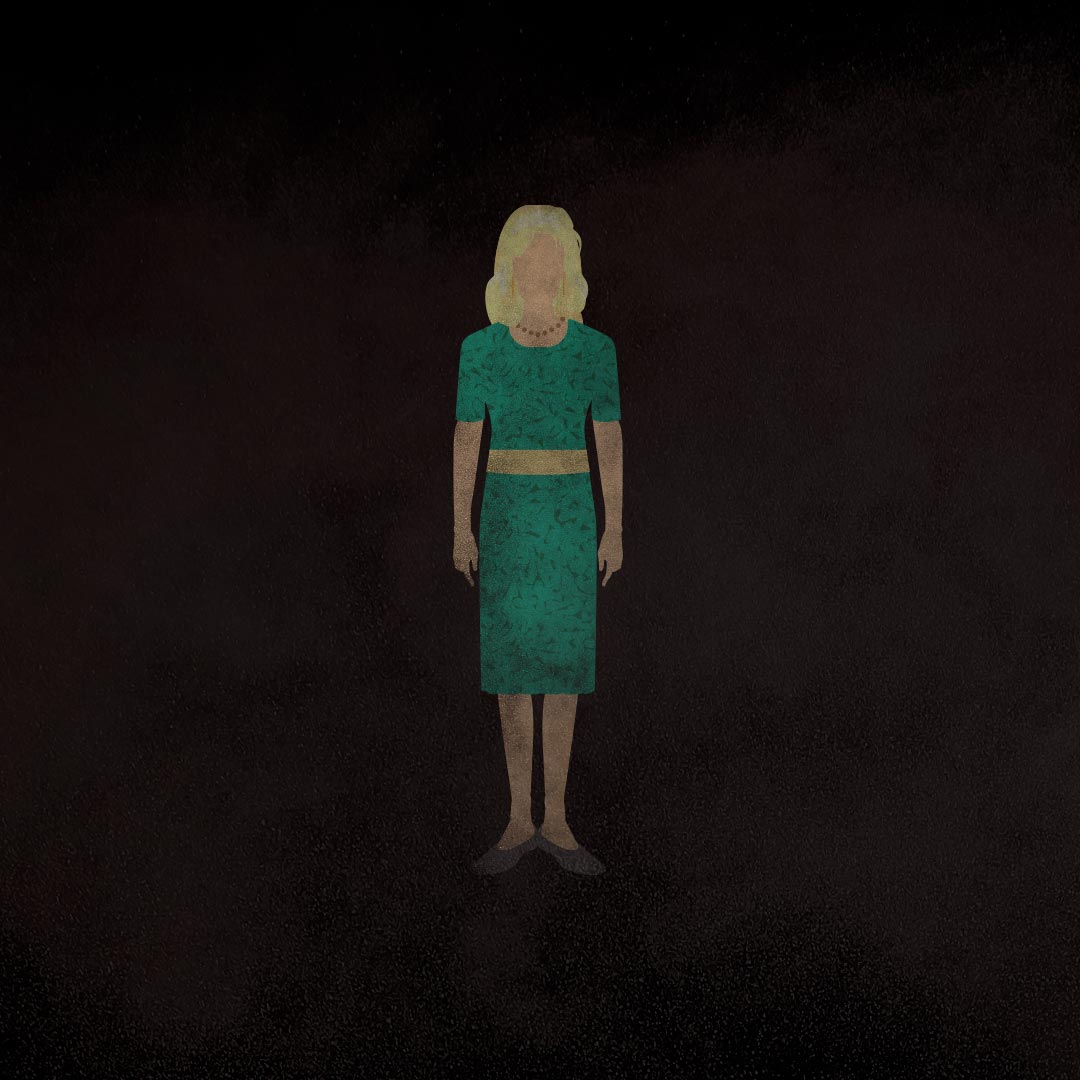
Anita Gattis
Older Sister
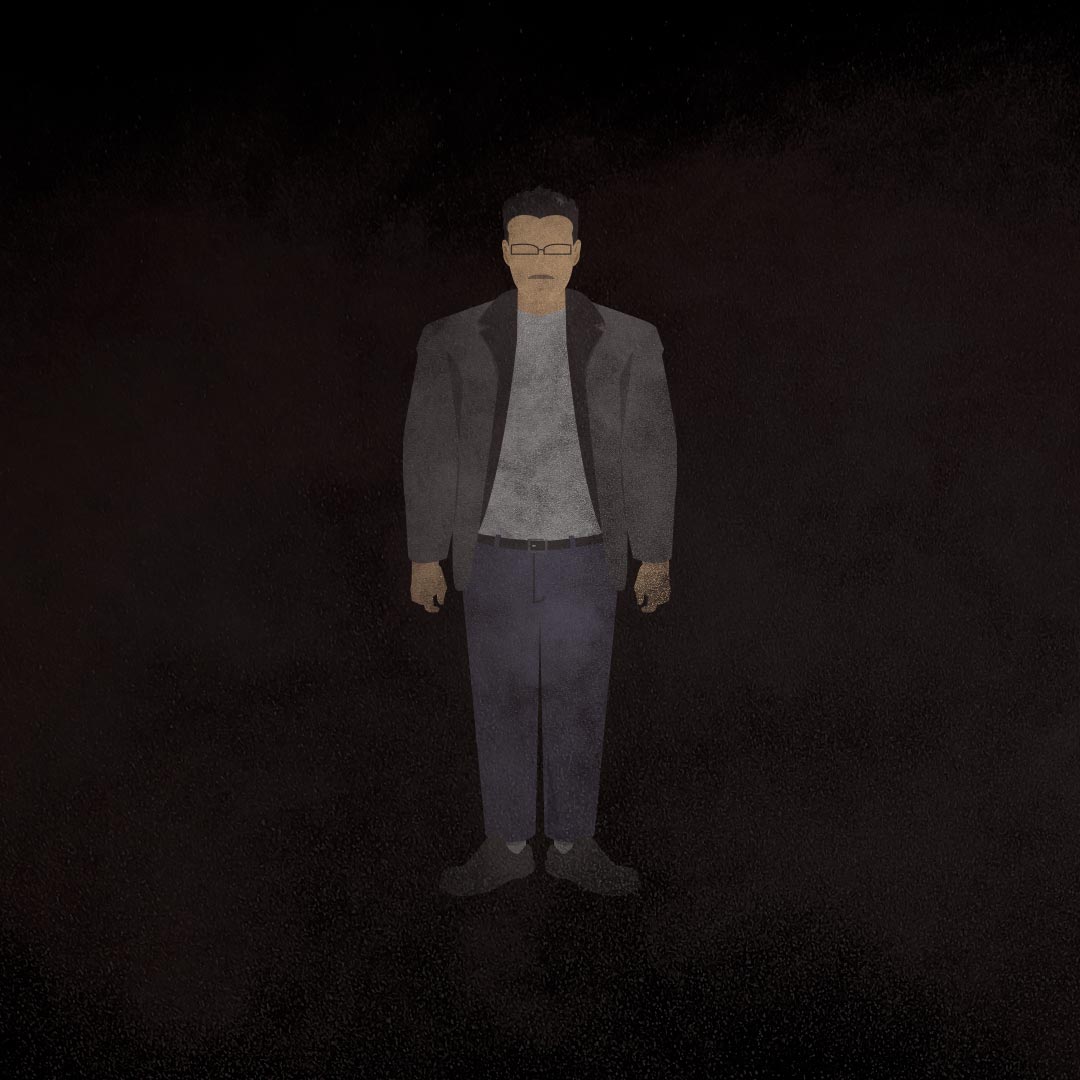
Dr. Maurice Godwin
Private Forensic Detective
Evidence in this Episode
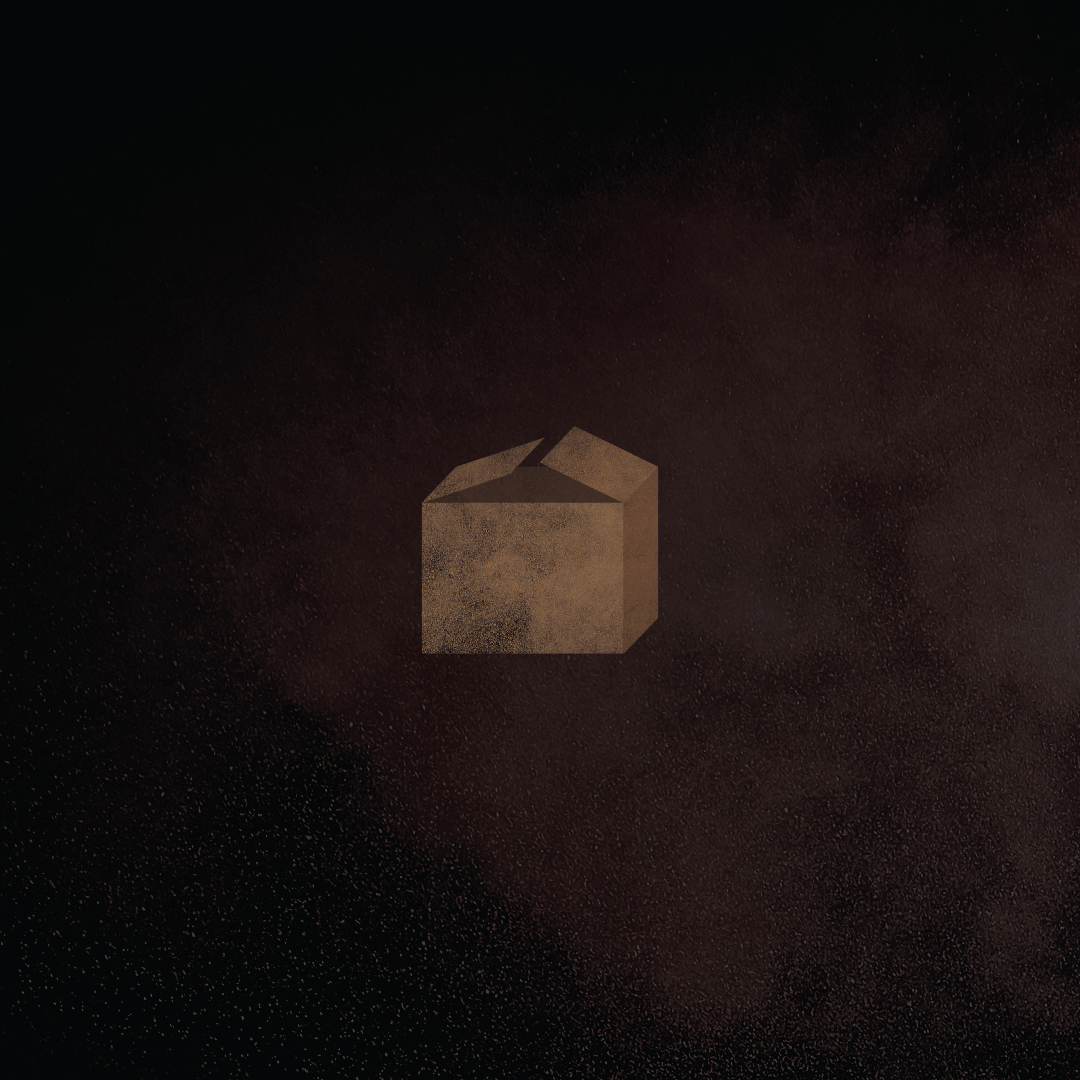
Dusty Box
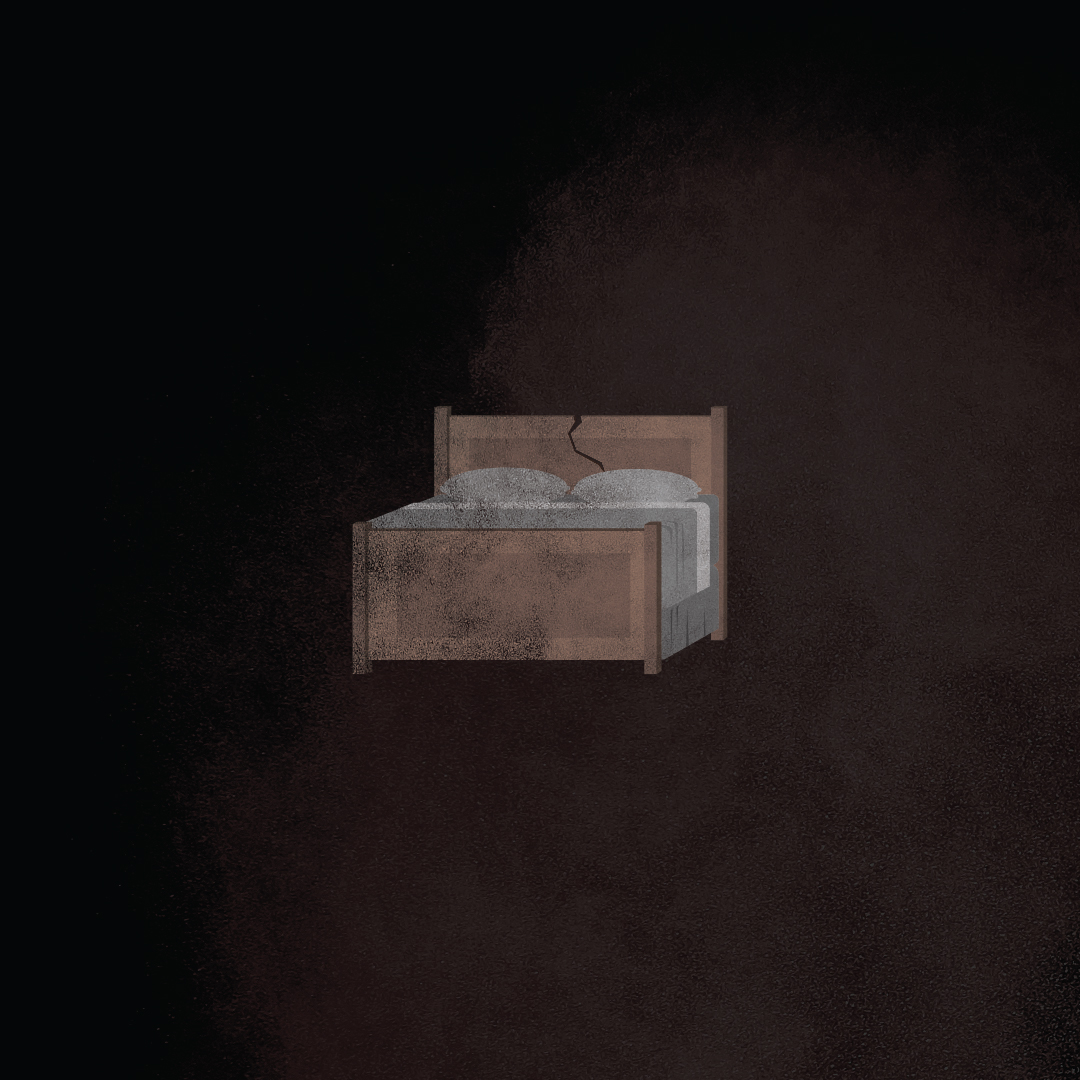
Tara's Bed
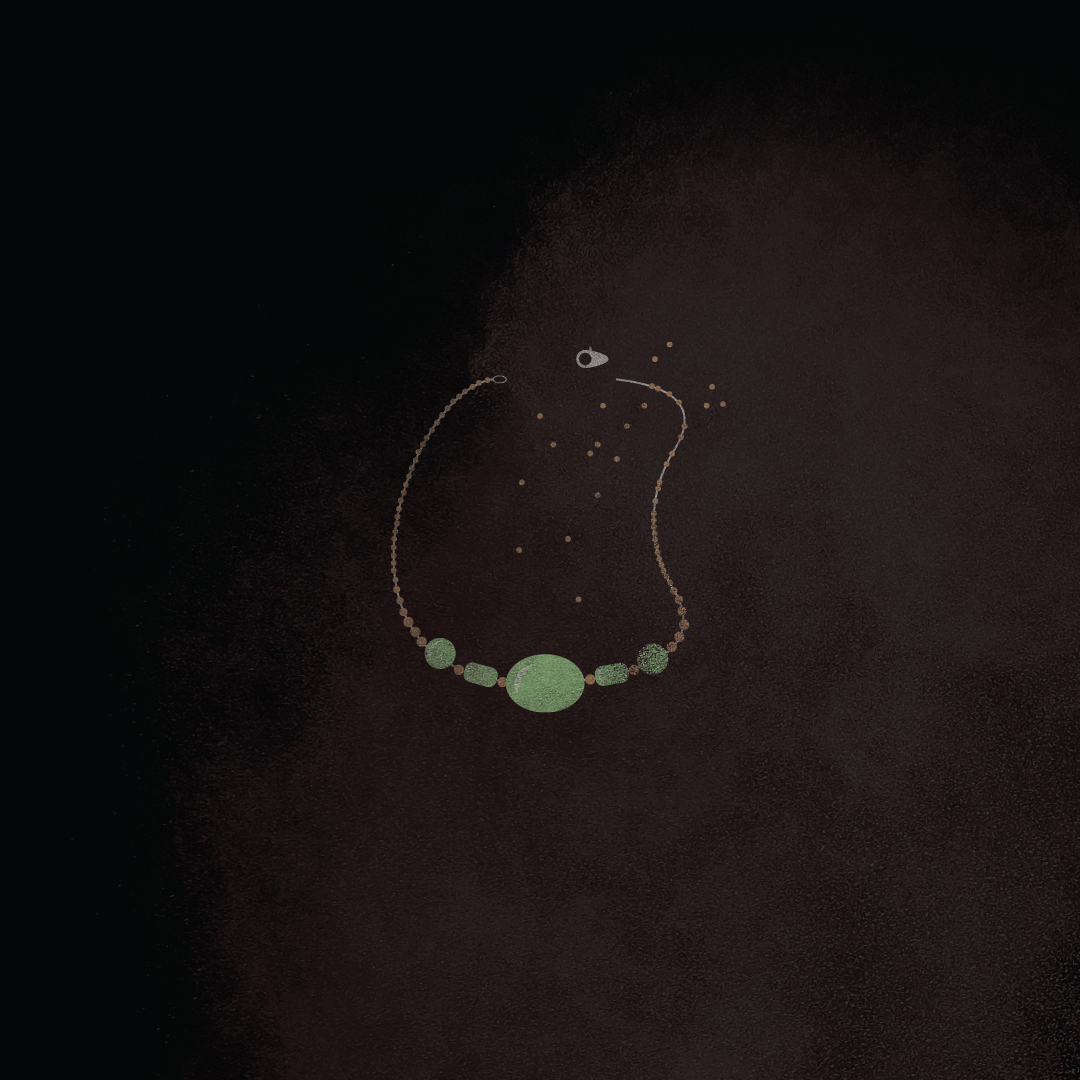
Broken Necklace
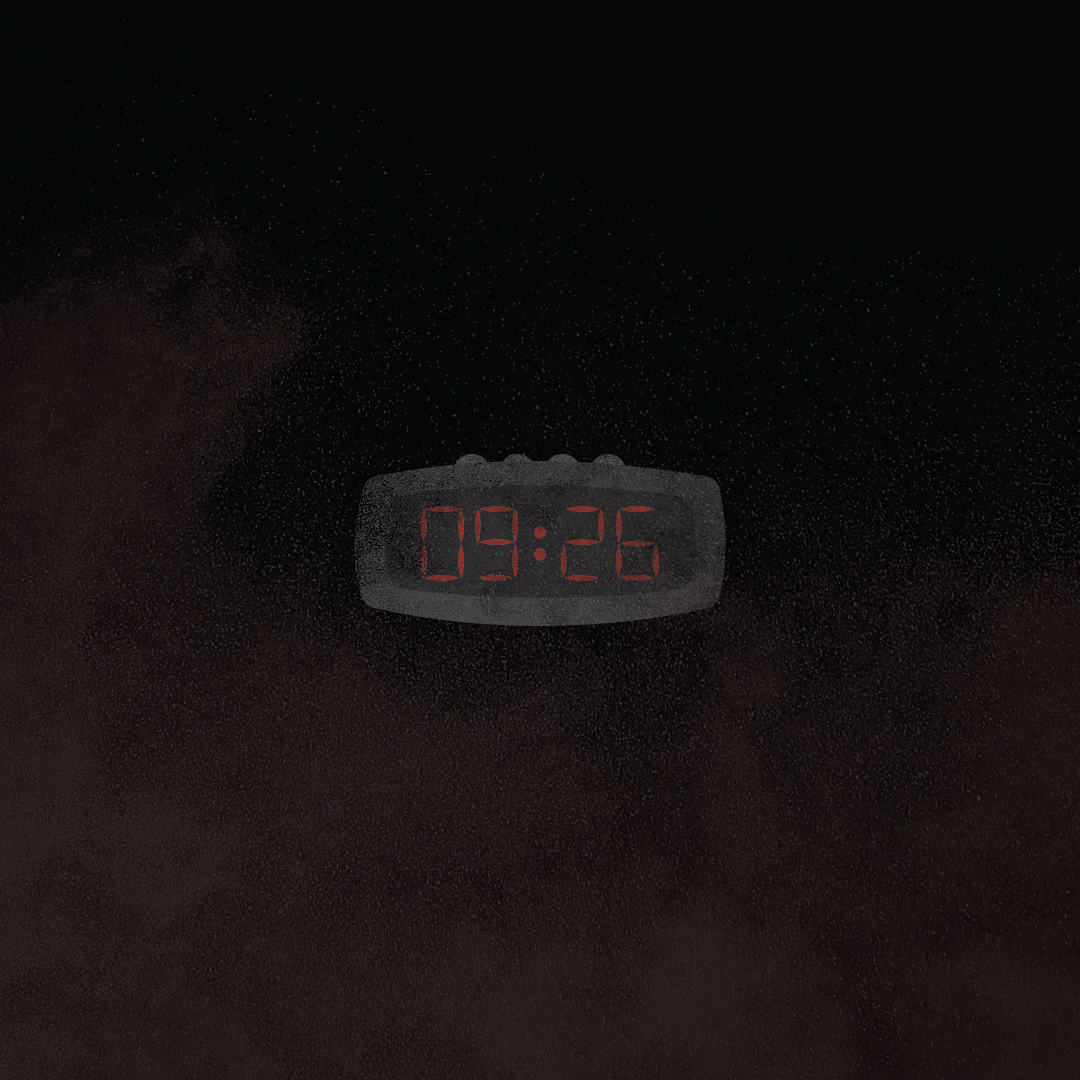
Alarm Clock
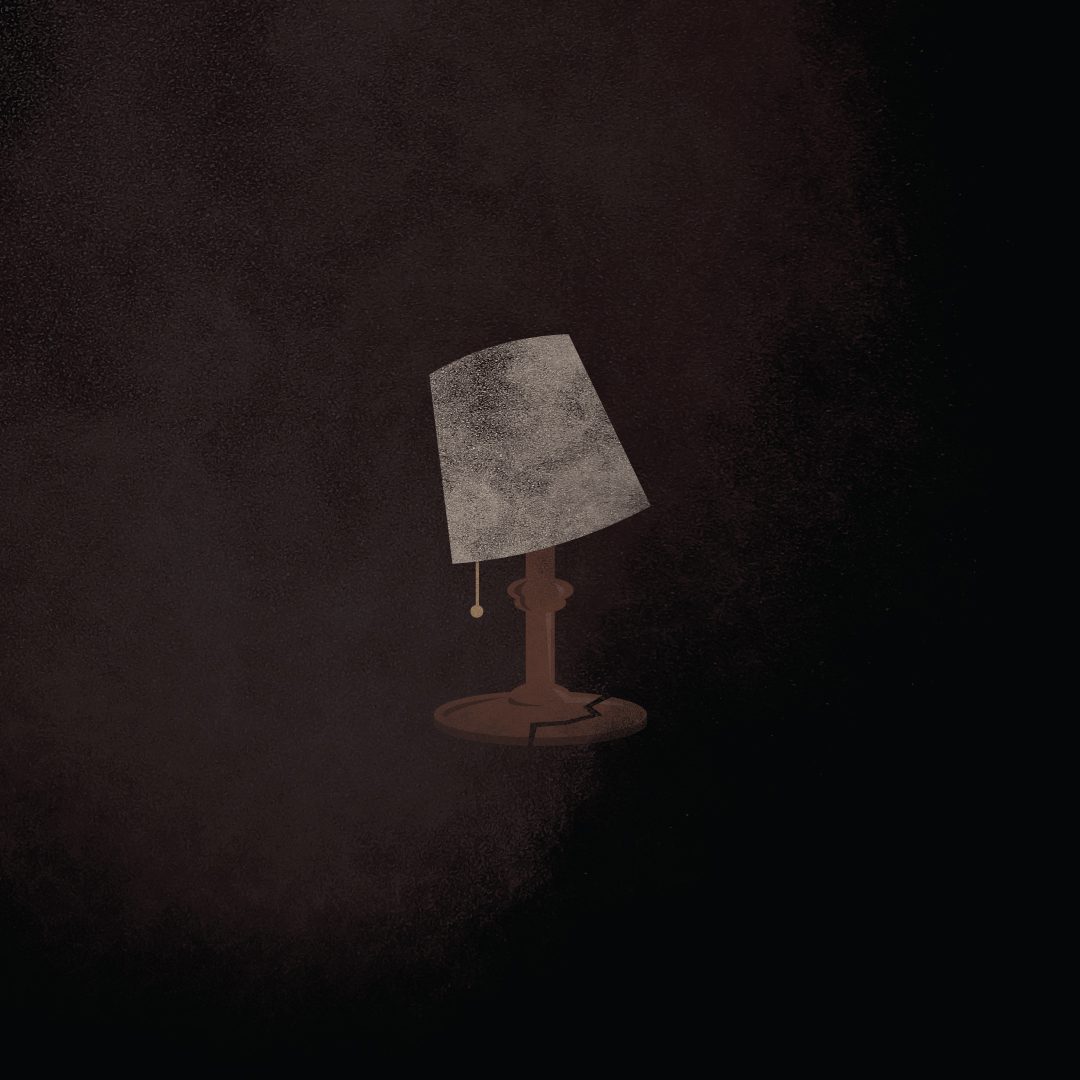
Lamp
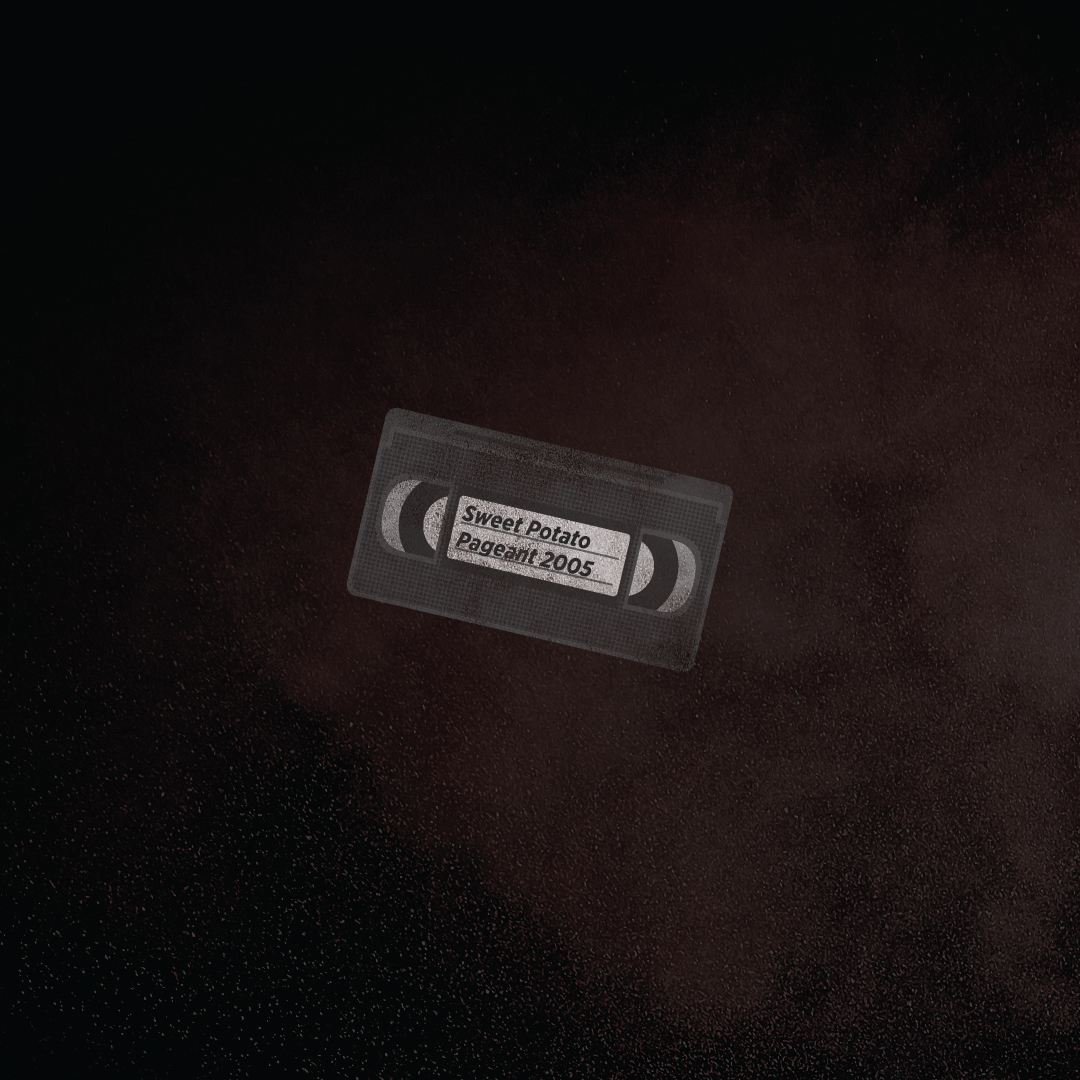
Pageant Videotape
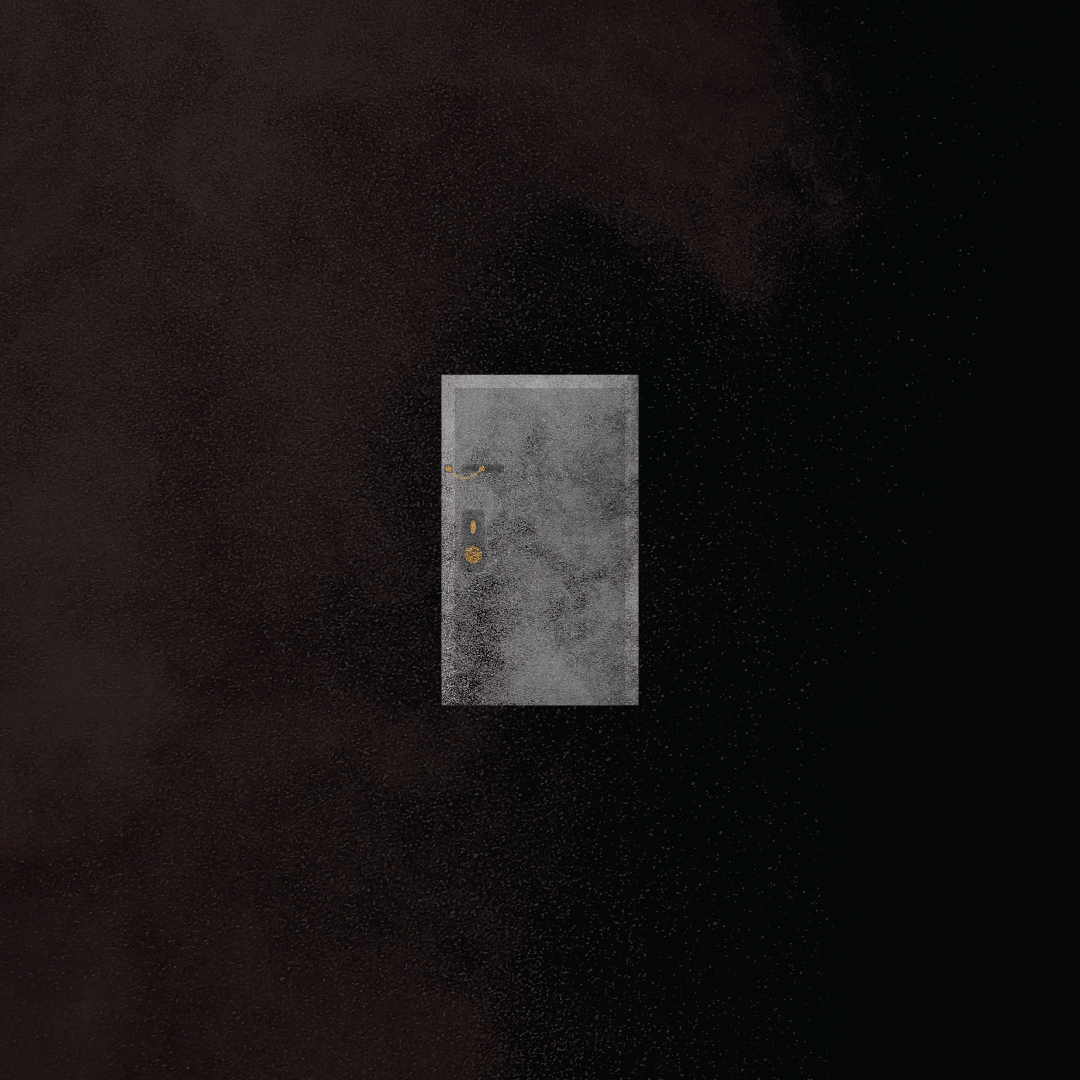
Tara's Front Door
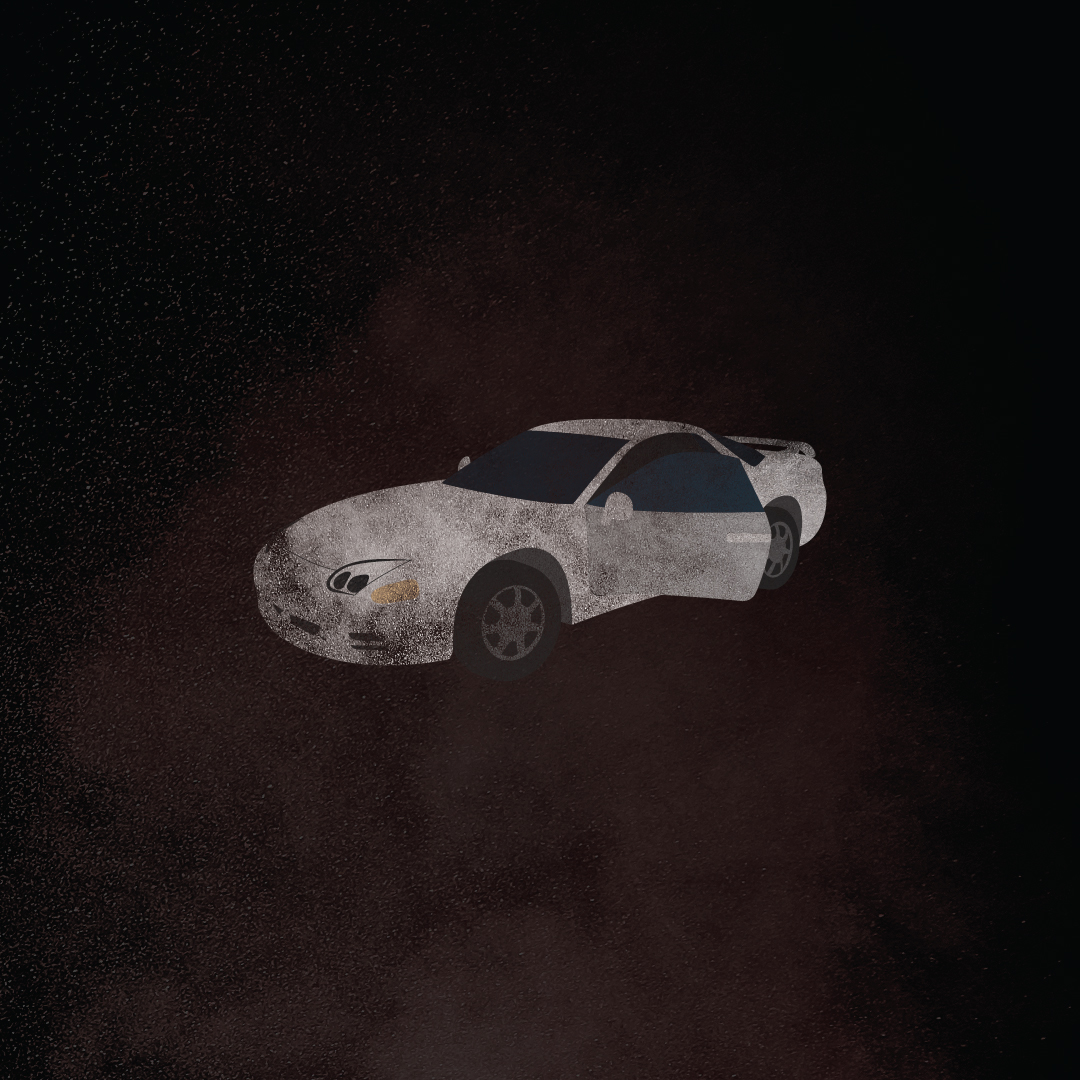
Tara's Car
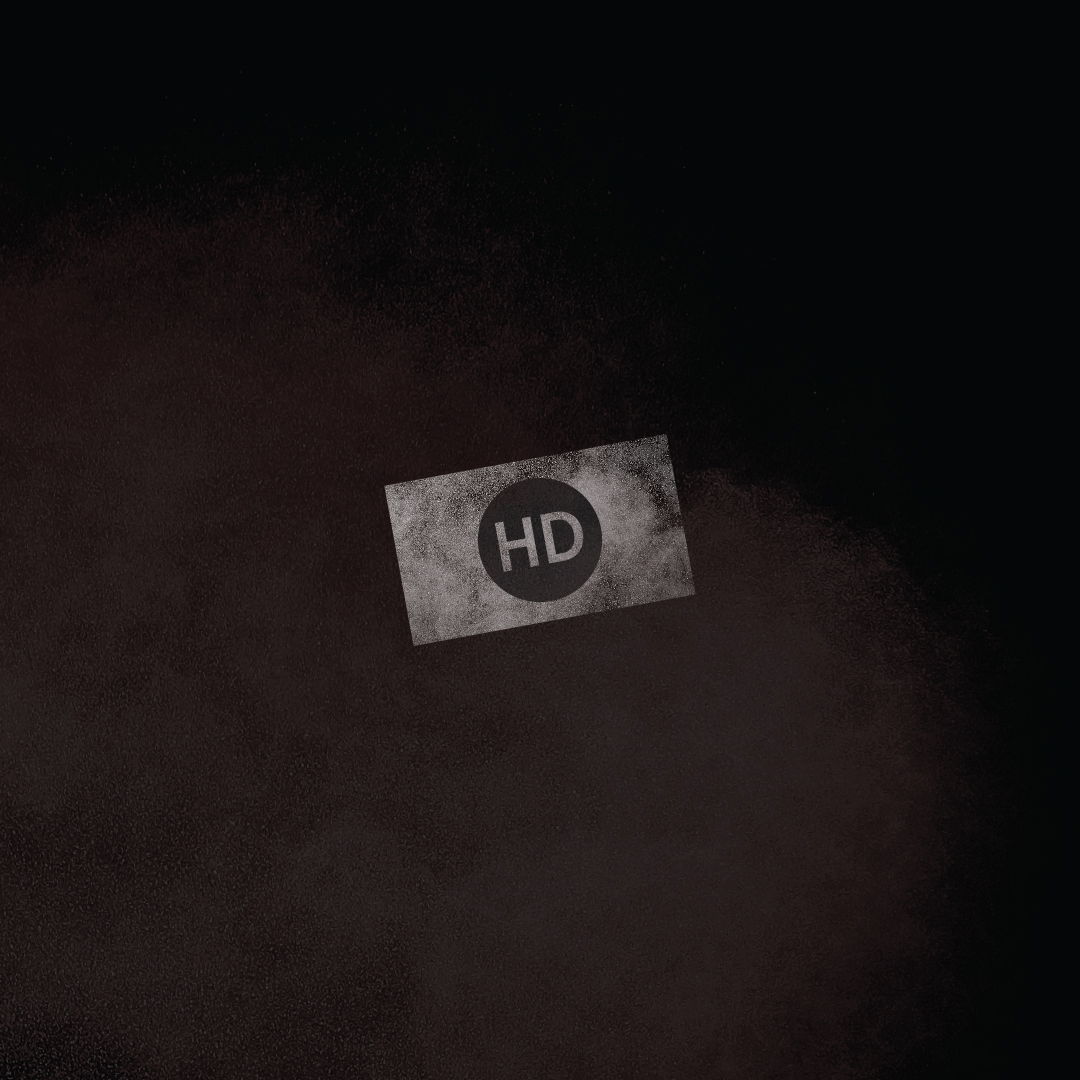
Business Card
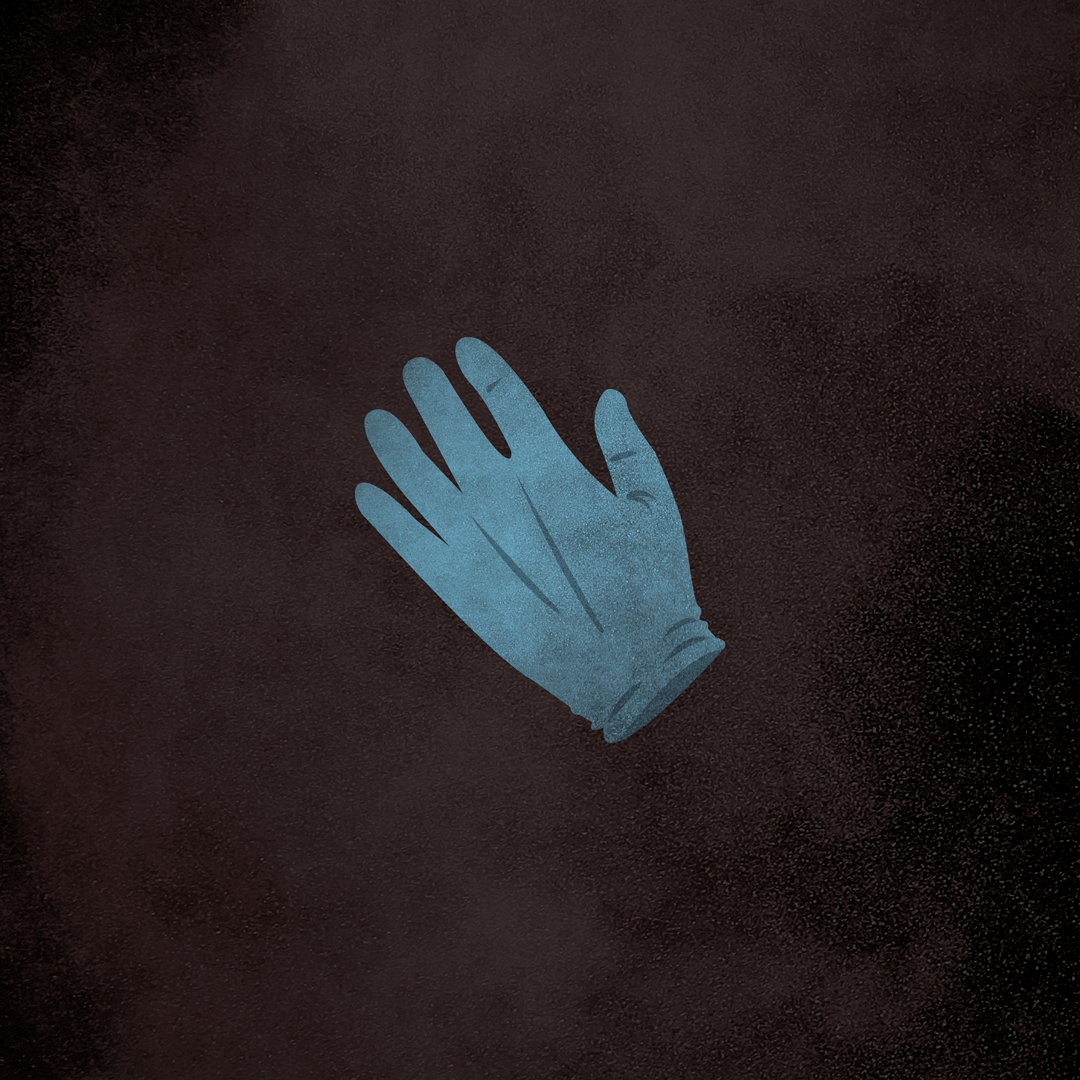
Latex Glove
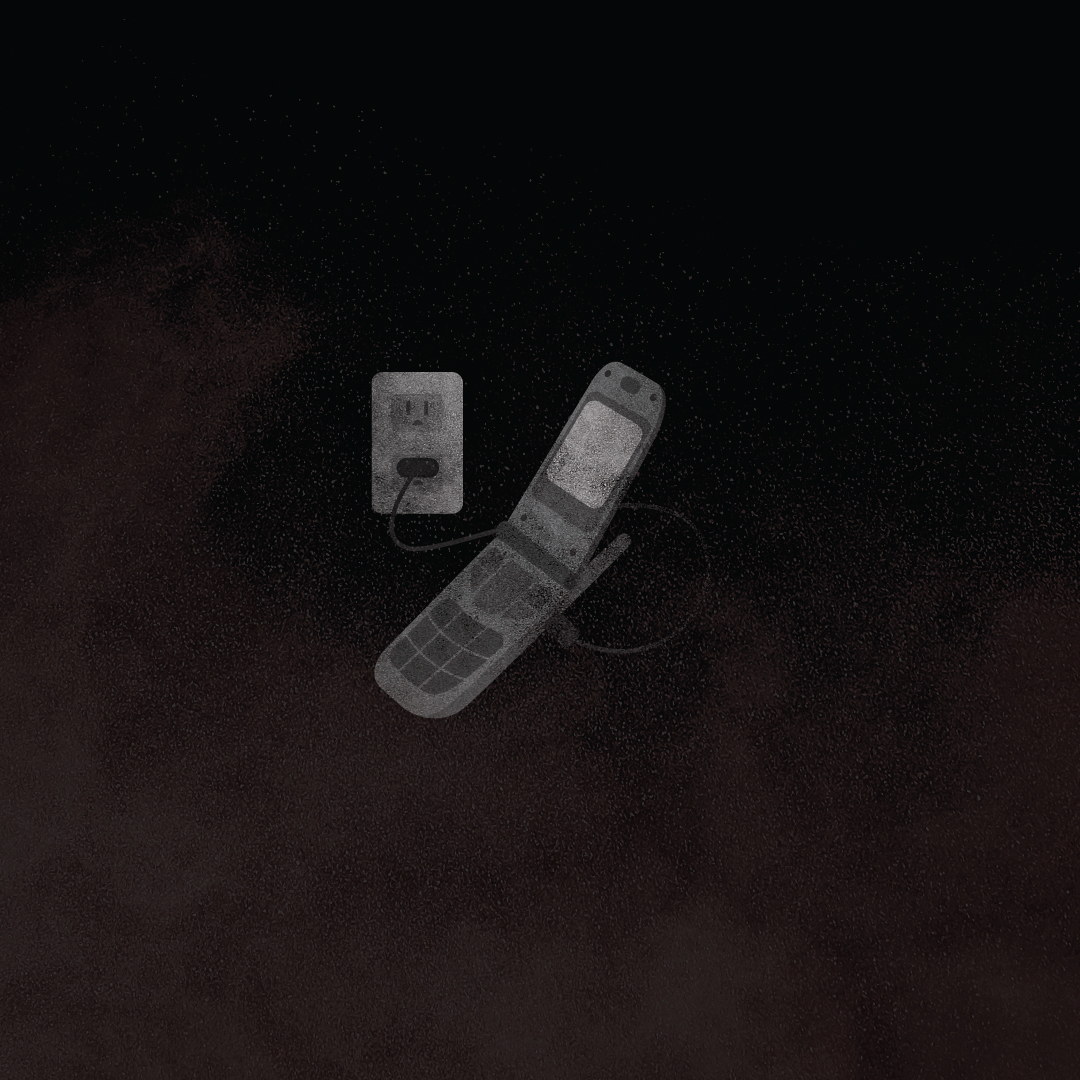
Tara's Cell Phone
Transcript
Rob: Tara Grinstead was a 30-year-old former beauty queen, and local high school teacher living in the small town of Ocilla, Georgia. She was a gorgeous brunette with a striking smile, and someone her students and peers looked up to. On Saturday, October 22, 2005, Tara went to a local beauty pageant during the day. After the pageant was over, Tara left around 8 p.m. and hung out at a friend's barbecue just eight blocks away from her home. Around 11 p.m., Tara left the barbecue and went home to her house. On Monday morning October 24th, Tara didn't show up for work at the school. Concerned students and teachers called the local police. At around 8:45 a.m., Ocilla PD was dispatched to Tara's house. Upon arrival, investigators found her car parked in the driveway, unlocked, and the front door to her house was locked shut. Detectives knocked on her door repeatedly, but got no response. Police forced their way inside and searched the house entirely. But there was no sign of Tara Grinstead.
To this day, there has never been a confirmed sighting of Tara Grinstead. If you have any information about the disappearance of Tara Grinstead, please contact the Georgia Bureau of Investigation.
Intro: Ten years ago today marked the last time anybody reported seeing or talking with Tara Grinstead.
Officially, police are calling this a missing person's case. [crosstalk]
GBI officials say investigators-
A latex glove found in-
An $80,000 reward is being offered for information.
Where is Tara Grinstead?
Payne Lindsey: From Tenderfoot TV in Atlanta, this is Up and Vanished, the investigation of Tara Grinstead. I'm your host, Payne Lindsey.
Around six months ago I was surfing the web. I was looking for cold cases and other unsolved mysteries. I'm actually a filmmaker, and I was kind of digging around for a cool idea for a documentary film. I think there's something about an unsolved case that intrigues everyone, this urge to solve the puzzle and reveal the truth. And this universal satisfaction when we catch the bad guy. We all want an answer, an explanation for the unexplained. Like a lot of people, I had been pretty obsessed with the podcast Serial, and the Netflix series Making a Murderer, and I thought to myself, "What if I made one of those?" So I literally just went to Google and started searching.
I'm from Atlanta, so I wanted to find a case that was local that I could actually investigate. I eventually ended up on the website for the Georgia Bureau of Investigation, and they have a top 10 list of unsolved crimes in Georgia. The first one I saw was a missing person's case. A girl named Tara Grinstead had been missing for over 10 years now, and they had no suspects, and they had no leads. Needless to say, I was instantly fascinated, so I read tons of articles about the case. And through my amateur Internet investigation, I stumbled upon a news site called Websleuths, where apparently other people like me pretend to be detectives and try to solve famous cases in front of their computer screens. Perfect.
So I found a forum on the Tara Grinstead case and made a post. "Hey guys, I'm a filmmaker from Atlanta, and I'm thinking about doing a documentary on Tara's case. Does anyone have any interesting theories?" The forum on Tara's case hadn't been updated in quite awhile, and I honestly didn't expect to get a response. But to my surprise, less than an hour later I had a voicemail on my phone from a number I didn't recognize. That's when this whole thing really started.
Maurice Godwin: Payne, this is Maurice Godwin. I saw your post about the Tara Grinstead case on Websleuths. I worked this case from March of '06 to over past 2009 for her family, and probably other than the GBI, there's no one who knows more about the Tara Grinstead case than myself. So if you want to give me a call, I can give you a rundown, the straight-up truth about what's happening and everything about the case. I'm in North Carolina, so I'm on East Coast Time. You take care. Bye bye.
Payne Lindsey: Wait. Am I actually doing this now? I thought I was just brainstorming. But now I have an actual investigator who worked this case, wanting to tell me everything that he knows?
It was time that I got my facts straight, time to do some major research on this case to even know what to ask him. Dates, times, people's names, I had to know it all. I totally streamlined my plan for the documentary and decided to make a podcast to document my investigation. Mind you, I am not a podcaster, and I'm definitely not an investigator. But I was determined to tell Tara's story. And most of all, I wanted to know what happened to her. I bought some audio equipment and I called the investigator.
Hey, is this Maurice Godwin?
Maurice Godwin: Yes it is.
Payne Lindsey: Hey, this is Payne Lindsey. You called me yesterday?
Maurice Godwin: Yes Payne, I saw your post on Websleuths. I've been working the Tara Grinstead case since March of '06.
Payne Lindsey: We talked for two hours. He told me more things than I could even remember. This case went deep, I mean really deep.
Maurice Godwin: The largest case file in Georgia history was the Tara Grinstead case.
Payne Lindsey: As much as I wanted to feel like I was making progress on the case, I was really just getting started. He gave me a lot of advice. Where to start, who to talk to, and he said he would help me out in any way he could. He left me with this piece of advice:
Maurice Godwin: If you go to Ocilla, take somebody else with you now.
Payne Lindsey: Okay. Why is that?
Maurice Godwin: Well, it's a weird place.
Payne Lindsey: If you go to Ocilla, the town where Tara lived and was last seen, make sure you bring somebody with you. Maybe I was reading into that too much. Either way, I planned on taking his advice. It was time for me to start talking to people. I wanted insight from people who knew her, people who'd talked to her that weekend before she disappeared. I built up a long list of names, and it was time to start cold-calling people.
Phone Robo Voice: We're sorry, you have reached a number that is no longer in service.
Your call has been forwarded to an automated voice-
The number you dialed is not a working number.
Hello. No one is available to take your call.
Payne Lindsey: Okay. I had a pretty rough start. I was literally getting every type of nonworking number message in existence. And when I finally reached some people, it went like this.
My name is Payne Lindsey. I wanted to talk to you about the Tara Grinstead case.
The Tara Grinstead case.
A podcast-
A documentary series-
If you don't mind-
Sorry to bother you-
A few questions about Tara Grinstead-
I was hoping to talk to you about Tara Grinstead?
Nothing. Not a single person would talk to me. It was beginning to seem impossible. Everyone surrounding this case had their guard up. This small town in south Georgia had become this impenetrable community that just refused to rehash the whole wounds, or just plain too scared to talk. But I was determined that somewhere in this network of people was the answer, the key to what happened to Tara. But 10 years is a long time. 10 years of reporters and TV networks just exhausting these people for new clues and tips, or just trying to get a juicy quote out of one of the locals. And here comes me, this millennial podcaster trying to solve the mystery. I'd probably tell myself to piss off too.
One day, I called a girl who was friends with Tara back in 2005. I don't feel comfortable saying her name right now, so let's just call her Susan. Susan answered the phone, and I introduced myself. Before I could even finish Tara's name, she had hung up on me. Then, about 10 minutes later, I got a call from a blocked number, and I answered it. I was still trying to figure out my phone recorder at that point, and unfortunately I was not able to record the call, which I immediately regretted.
There was a stern man's voice on the other line when I answered. He said, "Why are you asking about Tara Grinstead?" It was almost like he was investigating me now. I told him about the podcast and the documentary, and his tone changed a bit. Then he said, "Why did you call Susan?" I didn't really have an answer for him. Then he said, "Do not call her again." Click. Just like that. I wish I had the audio to playback for you, but there was just something really odd about that call. The person sounded like a police officer, or someone in law enforcement trying to figure out what I knew. He didn't call me just to say "Don't call her again." The first thing he wanted to know was why I was calling that particular person.
Local News Reporter: Here she is ladies and gentlemen. I call her Your Royal Highness, because I think it is a very nice ... Tara Grinstead. How are you doing?
Tara Grinstead: I'm doing great.
Local News Reporter: Miss Tifton, getting ready to go over to Columbus and get ready to represent Tifton over there. Are you excited?
Tara Grinstead: Yes, very excited.
Local News Reporter: And you were well into your career already too, weren't you?
Tara Grinstead: Yes.
Local News Reporter: What kind of work do you do?
Tara Grinstead: I'm an 11th grade history teacher at Irwin County High School, and I also have a cheerleading squad of junior varsity cheerleaders, 9th and 10th graders. I just completed my first year of teaching, and I loved every bit of it.
Payne Lindsey: That's a local news interview from 1999, when Tara won the beauty pageant for Miss Tifton, the biggest city near Ocilla. And she was moving on to compete for Miss Georgia. She seemed to have everything going for her. She was popular among her students, all the teachers loved her. But in October of 2005, she would disappear without a trace and never be seen again. Who would want to hurt Tara? Let's recap the night of October 22nd, when Tara just completely vanished. I'll have my friend Rob describe the scene.
Rob: Saturday, October 22nd, 2005. Tara went to a beauty pageant during the day, and then she attended a friend's barbecue later that night, just a couple blocks away from her home. She arrived around 8 p.m. and stayed for a few hours. Friends at the party say she was acting normal, nothing out of the ordinary. Around 11 p.m., Tara told a friend at the party she was going home to watch the videotape from the pageant that day. She said her goodbyes and drove off. She was never seen again.
Monday came, and Tara didn't show up for work. When the bell rang for class to start and Tara wasn't there, students informed the faculty and they called the local police department. The Chief of Ocilla Police Bill Hancock was the first to arrive on the scene. Her car was parked in her driveway, and the front door was locked. As he approached her front door, Hancock discovered a blue latex glove just feet from her doorstep. Even more puzzling, he found a business card wedged in the front door.
The neighbors, an elderly couple, had a spare key to Tara's house. They were really close to Tara, and they kept watch on her house at night. They had a little system going. Every night when Tara came home, she turned on the lamp by the window in a room facing their house. That night, Tara's lamp was never turned on.
Hancock used the neighbor's key to gain entry to Tara's home. The house was in near perfect condition, but there were a few subtle things that seemed a little off. The lampshade on her bed was knocked askew. Tilted in an odd position, as if maybe it had been knocked over. The clock, normally on her nightstand, was found on the floor by her bed. Her cell phone was found sitting in it's charger on the nightstand. Hancock quickly realized the severity of this case. He made a call to the Georgia Bureau of Investigation for backup. An official investigation was underway.
Maurice Godwin: Come on in man.
Payne Lindsey: How you doing man?
Maurice Godwin: Come on in. All right, come on in.
Payne Lindsey: Nice to meet you in person.
I decided to visit the private investigator in person. I told him I wanted to ask him some preliminary questions about the case for my documentary, and he was more than happy to help. He lives in a small town in North Carolina, and I drove up from Atlanta one afternoon.
Are these all notes about the Tara case?
Maurice Godwin: Yeah.
Payne Lindsey: He had this thick notebook. It was filled with hundreds of notes, thoughts, names, all related to the Tara Grinstead case. He started thumbing through it, reminiscing about the case. Maurice is an older man. Gray hair, glasses. You get the sense that this case and many others like it have taken a toll on him, and even he'll tell you, it's exhausting. To Maurice, this is not a hobby. It's all he's ever known.
Maurice Godwin: And then in the back here are some updates and stuff. I was contacted in the end of January of '06 by Tara's sister, Anita. I couldn't take it at that time, and I actually didn't take the case. Then she contacted me again, and I took the case at about the end of February, and I went down in March. Then I worked on the case. I spent two whole days in the house. And we searched a lot of places. There was nothing of anything. And this case is cold...as Alaska.
Payne Lindsey: So Tara's sister, Anita, hired Maurice to help with the investigation, and he wasn't involved until March of 2006, almost five whole months after she went missing.
Maurice Godwin: So one of the things that I did when I was there is, I talked to some of the locals. A lot of the people clammed up and wouldn't talk.
Payne Lindsey: You think most people clam up and don't talk in this case?
Maurice Godwin: Oh yeah. And still today. It appeared that, to GBI and some others that were there, there didn't appear to be a struggle.
Payne Lindsey: So they said there was no struggle?
Maurice Godwin: Well GBI has admitted that.
Payne Lindsey: What do you think?
Maurice Godwin: Well, this is what I found. See, she had the old-timey wooden floors with the gaps in between them. So I got on my knees and stuff and crawled around. I found a clasp from a necklace.
Payne Lindsey: A lesser-known fact in this case that I actually learned through Maurice is a broken necklace that was found by police inside her home. The beads were scattered about on the floor, and they bagged it up as evidence. But it was still unclear to police if the necklace was broken on accident or if it meant that there was a struggle inside the home. Almost five months later when Maurice went to visit Tara's house, he found a clasp on the floor that looked like a match.
Maurice Godwin: And you can see on the clasp it had been pulled apart.
Payne Lindsey: So based on what you know about the necklace and that clasp, in your opinion, did that necklace come off in a struggle?
Maurice Godwin: That clasp was pulled apart by force. You can take that for what it's worth. Then, I found some pieces of broken plastic, of the headboard in the master bedroom. The bedpost was split in two and broken, and was found lying under the middle of the bed. You had to get under and find it. Then I also found a box with dust on it underneath the bed. So, that was never retrieved by the GBI. Then, one thing that I noticed is that she had a rug beside the bed. I pulled that rug up, and the rubber came off on the back of it. So the rug had never been lifted.
Payne Lindsey: So in your opinion, did the GBI do a good job investigating?
Maurice Godwin: Absolutely not.
Payne Lindsey: On a scale of one to ten, what would you rate the GBI's performance?
Maurice Godwin: Probably three.
Payne Lindsey: Three out of ten?
Maurice Godwin: Three out of ten?
Payne Lindsey: Five months later, he finds a whole slew of evidence inside Tara's house that the GBI completely missed. You could sense his frustration still today. But what did any of it mean? I asked him to recap that Saturday Tara went missing. I wanted to know his account.
So walk me through the day.
Maurice Godwin: My understanding is that during the daytime, she had girls over at her house and stuff. Having girls with the pageants, and the makeup, the hair, preparing for the Sweet Potato Pageant in Fitzgerald that afternoon. I think the pageant started about 3:00 is what I was told. So then, she went to the pageant, stayed at the pageant, and then she left the pageant around 7:25 to 7:30. One of her pageant girls named Dana Lauer walked with Tara to Tara's car, and she said that she had to go to her superintendent's barbecue.
So she left the pageant in Fitzgerald and drove back to Ocilla. I was told that her landlord ... The son of her landlord, Rhett Roberts, I was told that she talked to Rhett out at the curb of the road at about probably a quarter to eight then.
Payne Lindsey: Again, another lesser-known fact about this case that you can't find anywhere in news articles. Between leaving the pageant and going to the barbecue that night, Tara made a brief stop at a friend's house, a man named Rhett Roberts, who was actually her landlord's son. And they talked briefly at the curb of the road.
Maurice Godwin: And then, she proceeded on to the barbecue, and arrived at about 8:00. And then at 11:00, she left the barbecue on the notion that she had to go back to watch a video.
Payne Lindsey: What video is that?
Maurice Godwin: That would be no video, because so far there's never been one that existed that we know of.
Payne Lindsey: Remember Tara told her friends at the barbecue that night that she was going home to watch the tape from the pageant that day? The police could never find it. And as far as they knew, no video ever even existed.
Maurice Godwin: There's two types of crime scenes. There's a primary crime scene, that's where the most actions occur between the victim and the attacker. And then there's a secondary crime scene, say, where a car was left. The problem with this case is, you don't have any secondary crime scene, and you don't have any really primary crime scene.
Payne Lindsey: You don't even know for sure if the house is a crime scene-
Maurice Godwin: That's right. The answer lies in the GBI case files in Georgia. The answer to this case lies there.
Payne Lindsey: Well why can't they solve it?
Maurice Godwin: I don't know.
Payne Lindsey: It was a bunch of information, but I felt a lot more in tuned to this case. On my drive back to Atlanta, I played our interview on repeat, analyzing every detail. But when I got home, I caught my first lucky break. Someone was finally willing to talk to me.
Grandma: Hey, how are you?
Payne Lindsey: I'm good. How are you doing?
Grandma Lindsey: I'm doing well. I have a little problem with my back, but thank the Lord it's getting better.
Payne Lindsey: Awesome. Are you still walking every day?
Grandma Lindsey: Yeah. Wait a minute, I got to take out my...
Payne Lindsey: That's my grandma, but she's lived in Tifton, which is only a half hour from Ocilla, for nearly half her life. Maybe she knew something.
Grandma Lindsey: So I'm looking forward to seeing y'all. And I'll bring poundcake and some cowboy cookies.
Payne Lindsey: Yes. I need some more cowboy cookies ASAP.
Grandma Lindsey: Okay. Well that's what I'm baking right now when you heard the bell go off.
Payne Lindsey: Oh, perfect.
Grandma Lindsey: My first batch.
Payne Lindsey: Fresh ones.
Grandma Lindsey: Fresh ones, they're fresh. Okey-dokey darling. All right.
Payne Lindsey: Well I wanted to ask you something.
Grandma Lindsey: Okay.
Payne Lindsey: So I'm working on this new documentary, and it's actually about this girl who went missing about ten years ago in the town of Ocilla. Her name was Tara Grinstead. Do you ever remember hearing about that?
Grandma Lindsey: I do. I certainly do. And Ocilla is only about 25 to 30 minutes from here.
Payne Lindsey: What do you remember about that as far as ... What were people saying when that happened?
Grandma Lindsey: I'll ask around a few people. In fact, I'll call my friend who lived in Ocilla, and I'll ask her.
Payne Lindsey: Okay.
Grandma Lindsey: She'll know. I'll call her right now.
Payne Lindsey: Awesome.
Grandma Lindsey: And I'll call you back, okay?
Payne Lindsey: Okay, that sounds great.
Grandma Lindsey: Okay. All right, bye.
Payne Lindsey: And sure enough, ten minutes later-
Grandma Lindsey: My friend's name ... Her first name is Melba. That is her first name.
Payne Lindsey: Okay.
Grandma Lindsey: Let me tell you what she did tell me. I'll tell you right quick. She was a school teacher, and on the Saturday that this happened, there was a beauty pageant in Fitzgerald, Georgia. Now Fitzgerald is like 15 minutes away, and there was a beauty pageant on that Saturday. You might know this, at like 3:00. She went to help the girls put their makeup on and that sort of thing.
Payne Lindsey: Right.
Grandma Lindsey: When the pageant was over, my friend that I just talked to, Melba, she talked to her at 6 p.m. at the theater.
Payne Lindsey: Really?
Grandma Lindsey: Melba said when she left the theater, Tara was still at the back of the theater with a friend. Tara did leave and went to visit a friend in Fitzgerald. In fact, it was a student that she had taught for just a short time, and then from there she went back to Ocilla to her principal's house, because he had a cookout that night.
Payne Lindsey: Did I hear her right? According to her friend, Tara stopped by a former student's house in Fitzgerald before going to the barbecue that night. Who was she talking about? Is this is true, it's bombshell information. It completely contradicts the known timeline of Tara's last moves. I had to talk to Melba immediately. So I did. Next time on Up and Vanished.
This season on Up and Vanished:
Maurice Godwin: Reports of screams and gunshots and tires squealing off of Five Bridges Road that late Saturday night.
Unknown Caller 1: And he was to the left of us up against the wall with a video camera.
Unknown caller 2: He acted really weird. He was acting like he didn't know who I was.
Unknown Caller 3: I want this thing solved before I die. I want to know, I want to know.
Payne Lindsey: Thank you guys for listening to the first episode of Up and Vanished. This is my first time ever doing a podcast, so I'm kind of learning as I go. If you like it, please subscribe and rate the podcast on iTunes
